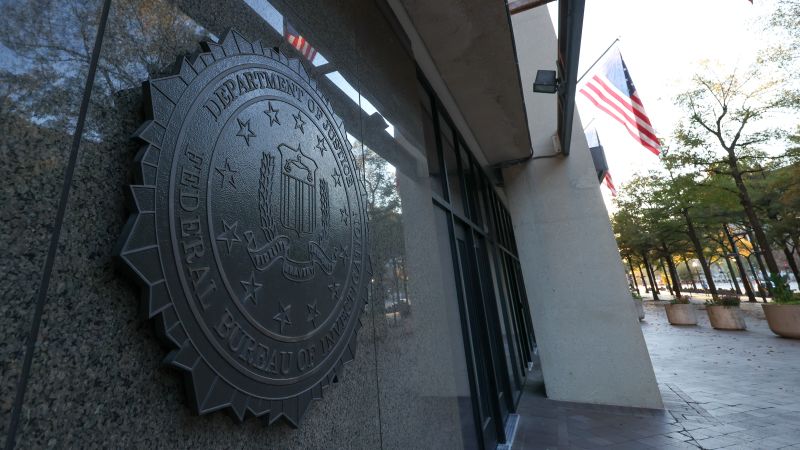A Mexican drug cartel hired a hacker to surveil the movements of a senior FBI official in Mexico City in 2018 or earlier, gathering information from the city’s camera system that allowed the cartel to kill potential FBI informants, the Justice Department inspector general said in a newreport.
The hacker also was able to “see calls made and received” by the FBI official and their geolocation data in a major breach of operational security that occurred as the FBI was working on the case of former Sinaloa cartel boss Joaquin “El Chapo” Guzmán Loera, the inspector general said.
The hacker tracked people coming in and out of the US Embassy in Mexico City before zeroing in on the FBI’s assistant legal attache, a role that works closely with Mexican law enforcement, the report said, citing an FBI case agent at the time. The report did not identify the hacker.
“According to the case agent, the cartel used (information provided by the hacker) to intimidate and, in some instances, kill potential sources or cooperating witnesses,” says the inspector general report, which was a broader review of the FBI’s approach to protecting sensitive information and avoiding surveillance.
The stunning new details offer a rare look at how technology can be exploited in the high-stakes battle between US law enforcement and the violent Mexican cartels that control illicit drug trade. The Trump administration has made cracking down on cartels a national security priority, in part by declaring them as foreign terrorist groups.
The FBI, DEA and US military have in recent years used advanced surveillance techniques to try to infiltrate Sinaloa and the Jalisco New Generation Cartel, the other big Mexican cartel that US officials say smuggles large volumes of deadly fentanyl into the US. CNNreportedin April that the CIA was reviewing its authorities to use lethal force against the cartels.
With El Chapo nowbehind bars, the cartels themselves are increasingly run by a younger generation of tech-savvy drug lords. “We’ve identified people in the cartels that specialize in cryptocurrency movements,” a senior DEA officialpreviously toldCNN.
“The cartels run a multi-billion-dollar global enterprise and utilize sophisticated technology to enhance their business operations,” Derek Maltz, who until May served as the acting DEA administrator, told CNN. “They utilize state-of-art sophisticated surveillance techniques to identify law enforcement activities and their adversaries.”
The new inspector general report raises broader concerns about the threat of high-tech surveillance to US national security.
“Some within the FBI and partner agencies, such as the Central Intelligence Agency (CIA), have described this threat as ‘existential,” the report said.
There have been “longstanding” risks posed by “ubiquitous technical surveillance” — jargon for the widespread availability of data to adversaries — to the FBI’s criminal and national security cases, the report said. But recent advances in commercial technology “have made it easier than ever for less-sophisticated nations and criminal enterprises to identify and exploit vulnerabilities” related to such surveillance, according to the report.
The FBI is working on a “strategic plan” to address some of the inspector general’s concerns about the bureau’s approach to the threat, the report said.
The bureau referred questions about the inspector general’s report to the Justice Department. CNN has requested comment from the department.
